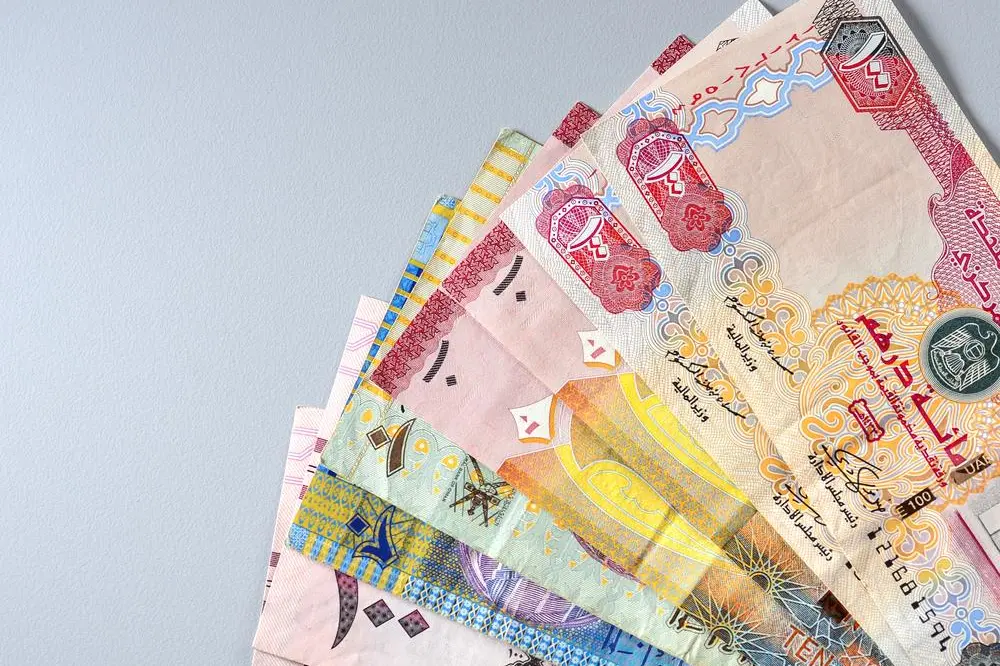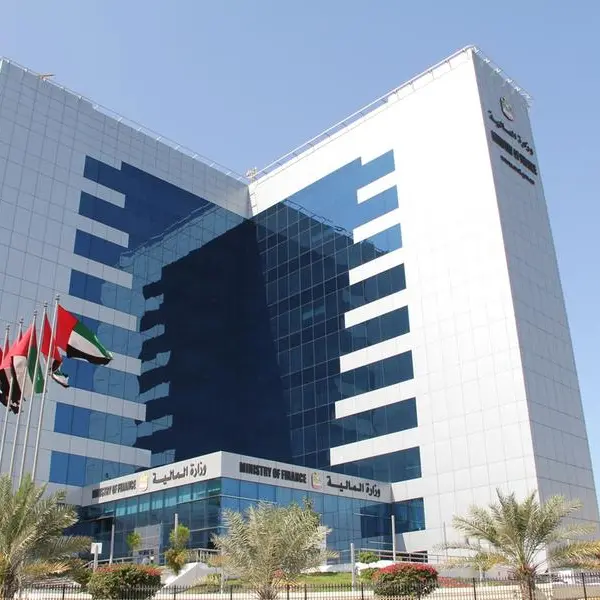PHOTO
DUBAI - The six nations of the Gulf Cooperation Council will maintain their pegged currencies despite a fall in oil prices, S&P Global Ratings said on Monday.
The ability of Gulf countries to defend their currencies' pegs, to the dollar in most cases, has come under scrutiny as historically low oil prices and the fallout from the coronavirus pandemic have pressured their economies.
Kuwait, Qatar, the United Arab Emirates and Saudi Arabia have strong levels of reserves to weather shocks, while Bahrain and Oman have a lower level of external liquid assets, S&P said.
But the ratings agency believes Bahrain and Oman's wealthier neighbours would provide financial support in times of stress if needed, similar to a $10 billion aid package pledged to Bahrain by Kuwait, Saudi Arabia and the UAE in 2018.
"We believe that should the currencies of lower-rated Bahrain and Oman come under significant pressure, higher-rated sovereigns would provide financial support to prevent contagion to their own financial markets," S&P said.
Wealthier Gulf countries may also step in to advance foreign policy interests, it added.
S&P said that while a floating exchange rate can act as a shock absorber for small open economies by helping exports and domestic demand and output, the benefits in many cases for the GCC are limited because their non-hydrocarbon export base is small.
"We note, however, that a currency devaluation would increase the local currency value of U.S. dollar-priced oil- and gas-related revenues. This would improve government fiscal balances as long as governments are able to contain their spending, which may not be so easy given the inflationary aspects of such a devaluation," it said.
(Reporting by Yousef Saba, editing by Ed Osmond) ((Yousef.Saba@thomsonreuters.com; +971562166204))





















